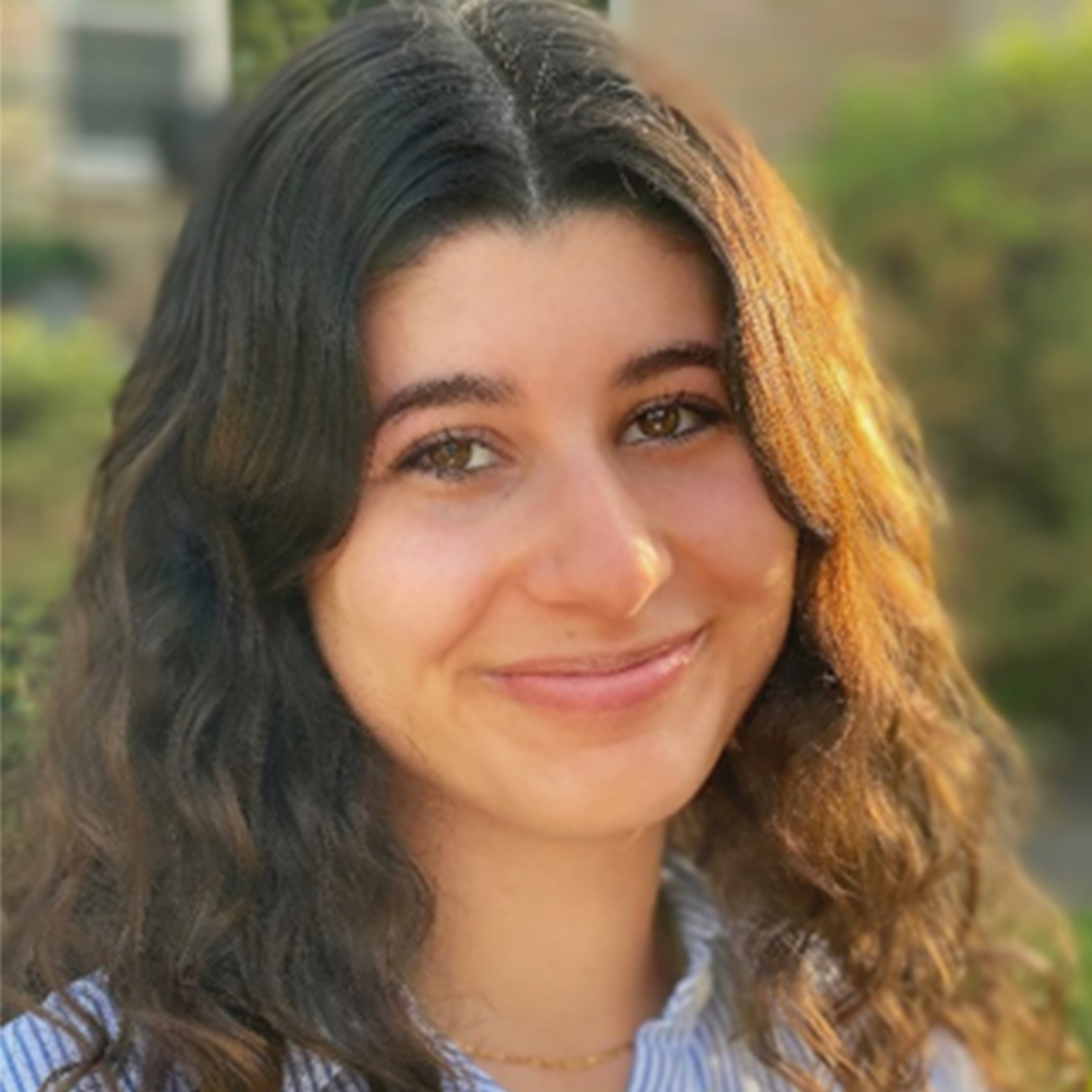Vaccine hesitancy and the unique challenge of COVID-19

By NCL Health Policy intern Talia Zitner
Around the globe, researchers and scientists are racing to find a vaccine for the COVID-19 virus. Developing a safe, effective, and affordable vaccine is already a challenging feat, but vaccine hesitancy presents another unique challenge to scientists, government researchers, and community leaders.
“Vaccine hesitancy” refers to the reluctance or refusal to be vaccinated or have one’s children vaccinated against a disease, even if a vaccine is proven to be safe and effective. Vaccine hesitancy poses dangers to both the individual and their community, since exposure to a contagious disease puts the person at risk, and they are far more likely to spread the disease to others if they won’t get vaccinated. Ironically, these communities may be the most vulnerable to COVID-19, and a serious effort must be made to create a sense of comfort around the COVID-19 vaccine once it’s available to the public.
Not to be confused with the vaccine-hesitant, “anti-vaxxers” represent a movement of people who dispute the safety of vaccinations and challenge laws that mandate vaccinations. This is a more insidious movement funded by dubious sources (reportedly, one New York couple has donated millions of dollars to the movement) that deceptively politicize public health measures under the guise of protecting personal liberties.
Public health agencies are trying to get vaccination levels to 95 percent to guarantee herd immunity. Some concerns that are top of mind for consumers include knowing the timeframe for a vaccine, who will have access to it, what it will cost consumers, if anything, and how states will determine methods of enforcing vaccination. The possibility of a COVID-19 vaccine also begs the question of whether vaccination will be mandatory for public schools and government workers.
Perhaps one of the most important projects right now surrounding vaccine hesitancy is the Vaccine Confidence Project (VCP), which is dedicated to “conducting a global study to track public sentiment and emotions around current and potential measures to contain and treat COVID-19.” Using a mix of population surveys and social media tracking, VCP “will investigate perception and sentiment of COVID-19 social distancing measures and potential medical tools globally.” This project will be essential moving forward, as it will continue to inform understanding on how the global population perceives the eventual vaccine.
As of now, VCP reports that only 25 percent of African Americans—a population that has been disproportionately hit by the virus—plan to get the COVID-19 vaccine. Why is this the case? Due to lack of access to hospitals, pharmacies, doctors and clinics in Black communities, failure to expand Medicaid, and other root causes; the COVID-19 pandemic has laid bare the disparities in our health care system.
To ensure herd immunity—which is somewhere north of 90 percent immunity—much work needs to be done, especially with the Black community, to increase confidence when a COVID-19 vaccine is released. At this time, Black leaders such as former U.S. Surgeon General, Dr. Regina Benjamin, and current U.S. Surgeon General Dr. Jerome Adams, are among those leading the charge to encourage public health efforts such as advocating for face-mask usage and collaborating with the National Newspaper Publishers Association (NNPA) Coronavirus Task Force and Resource Center, which provides expertise on the virus and its impact on the Black community.
Another community that will be crucial to prioritize surrounding vaccine hesitancy is the older Americans. The New York Times reported that of the “241 interventional COVID-19 studies undertaken in the United States and listed on clinicaltrials.gov…37 of these trials—testing drugs, vaccines and devices—set specific age limits and would not enroll participants older than 75, 80 or 85 years old. A few even excluded those over 65.” Why would older Americans trust a vaccine not tested for their age groups? Clinical trials will need to include people across all ages, otherwise, this will only increase vaccine hesitation. The vaccine must be safe and effective, and ample outreach must be conducted to ensure vaccine confidence across all demographics.
There are many questions left to be addressed. As we continue to navigate preventive measures for COVID-19, independent researchers and organizations will become increasingly more important to guiding decision making before and after a vaccine is developed.
Vaccine hesitancy is a global problem that will only be compounded by the COVID-19 pandemic. Fostering vaccine confidence will be imperative when the second wave of the virus sweeps the globe, as it inevitably will.
Talia is a Washington, D.C. native, and a rising sophomore at Wesleyan University, where she majors in English. Beyond health, Talia’s interests are in journalism, law, and social justice.
















